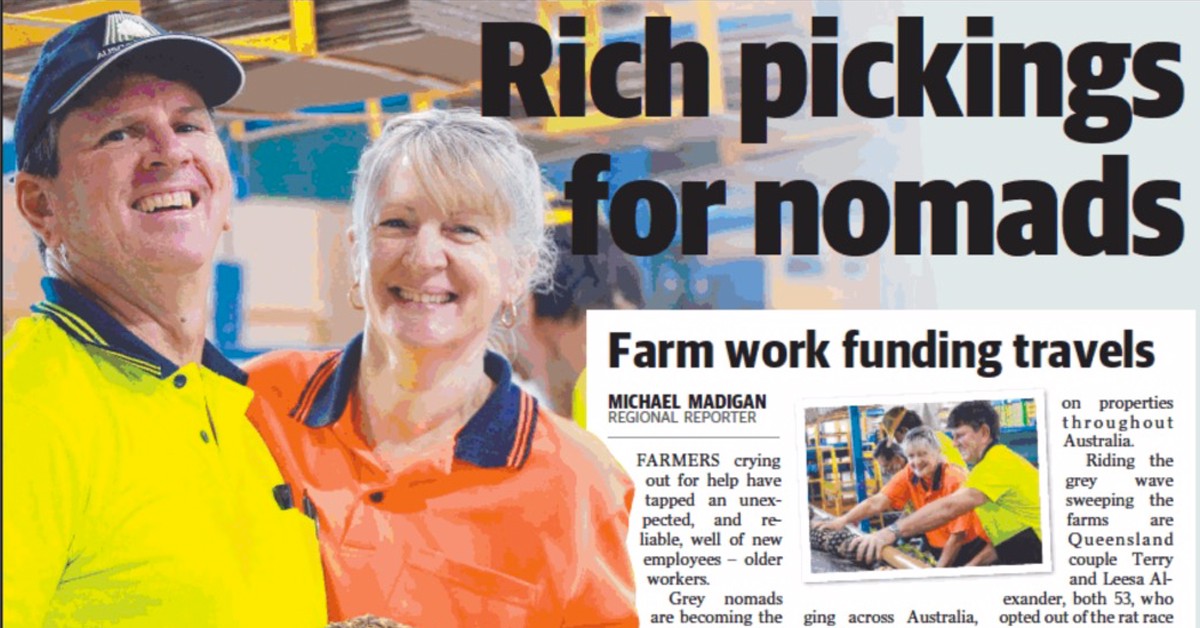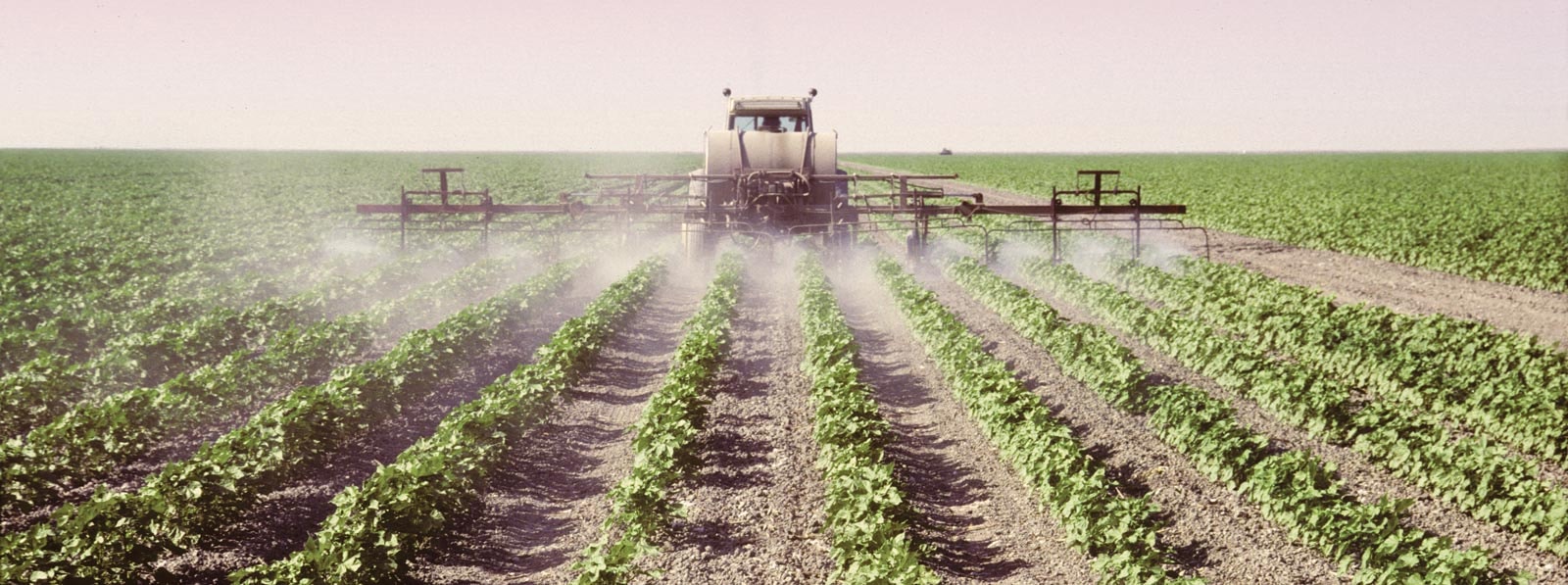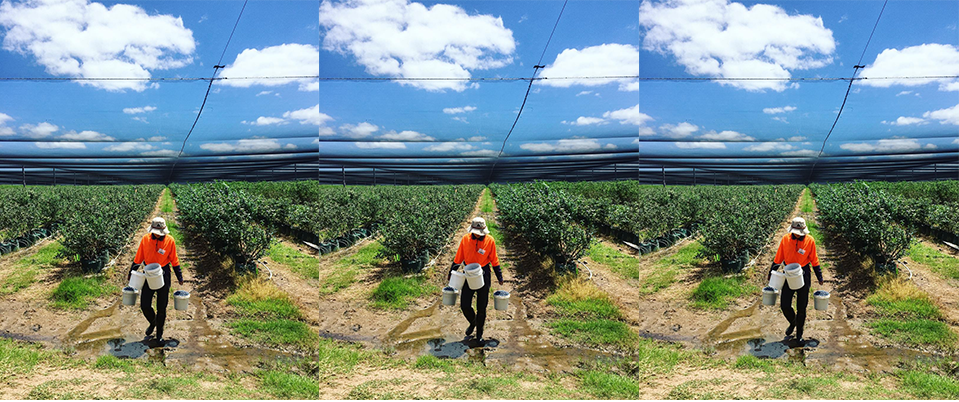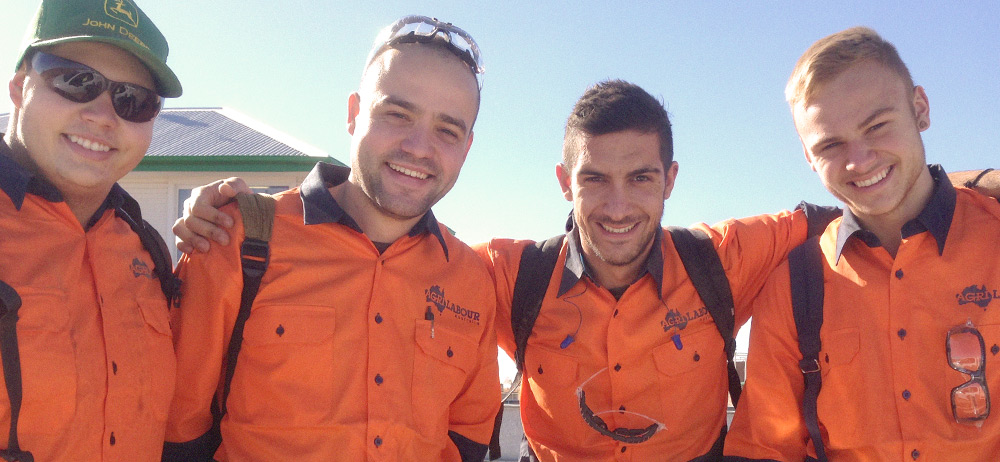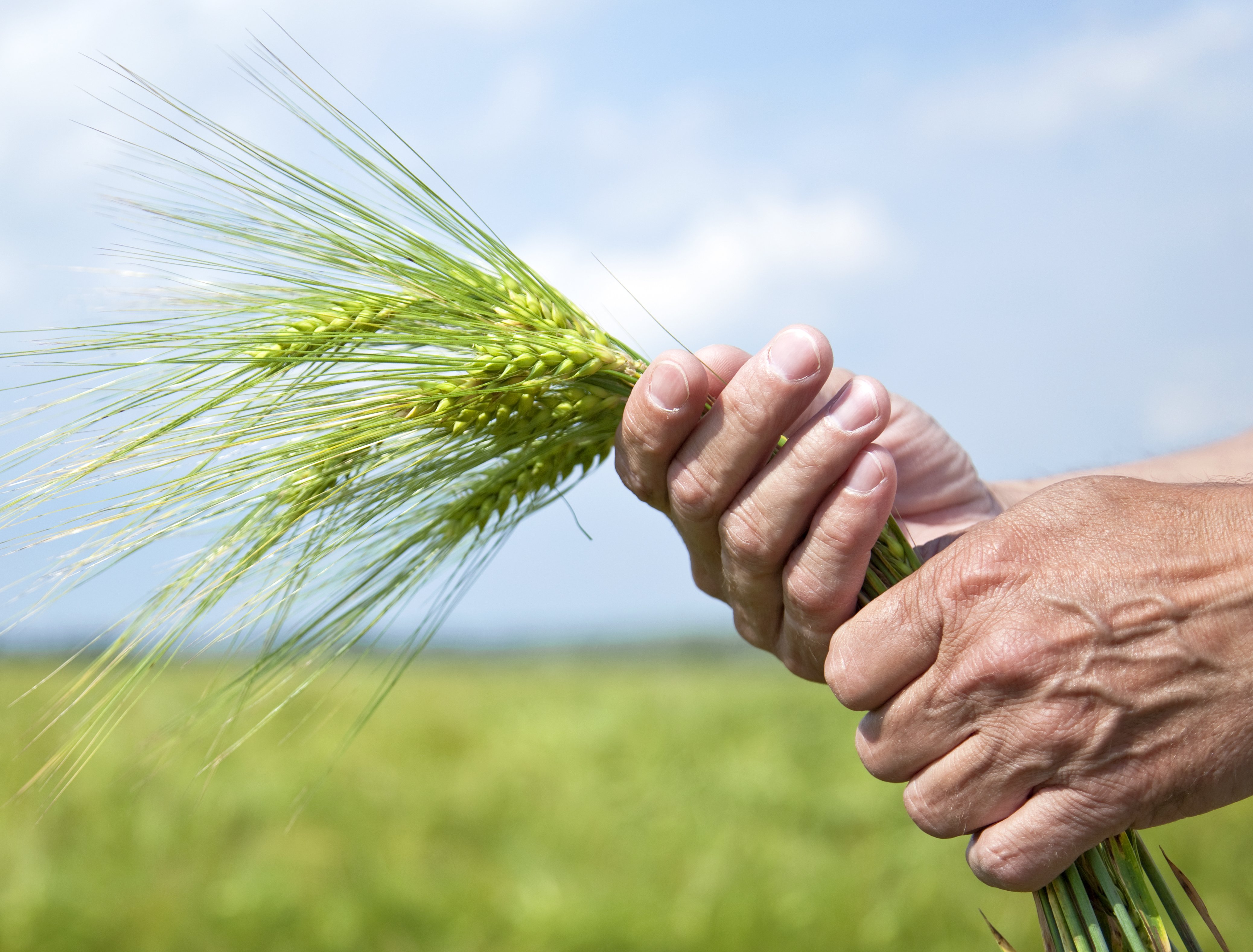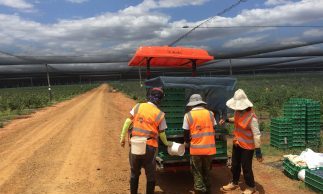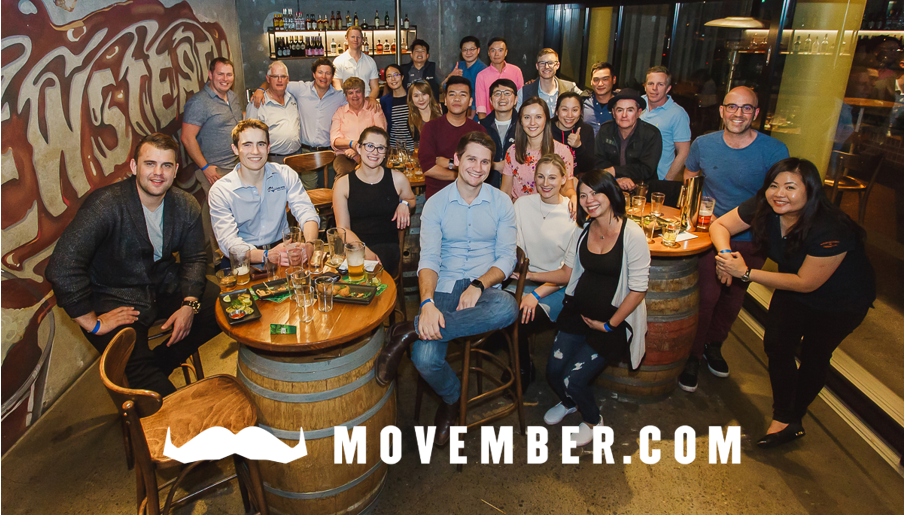Agri Labour Australia (ALA) recently had the privilege of attending the Prime Minister’s Veterans’ Employment Awards held on 5 March 2019 in the Great Hall of Parliament House, Canberra. Representing ALA were two of our very own vets; Agri Veterans Program Manager, Tim Chapman and Program Ambassador, Peter Thatcher.
The awards are an exciting annual event that recognise the achievements of organisations and individuals in creating employment opportunities for veterans and supporting their transition into the civilian workforce.
Award finalists in 2018 for our Agri Veterans Program, the ALA team attended in support of our Program which sees us providing career advice and placing returned servicemen and women in agriculture roles all over the country.
Program Manager, Tim Chapman said, ‘This is an excellent event which provided us with the perfect platform to speak to some of the key people involved. It was great to see the Prime Minister and other Ministerial representatives recognising the highly valuable skills and capabilities that defence personnel possess.’
‘ALA’s Program is unique in that we not only provide agriculture recruitment solutions but have also collaborated with Legacy to create our Agri Veterans Family Fund that assists families of fallen ex-service men and women. We are committed to keep building awareness of our Agri Veterans Program and are excited to pursue a meeting with Minister for Veterans’ Affairs, Darren Chester later this year, to explore some further options,’ said Tim.
From grain handlers to farm managers, the Agri Veterans team are always available to discuss role availability and job placements. Get in touch with us today on 1300 247 823


